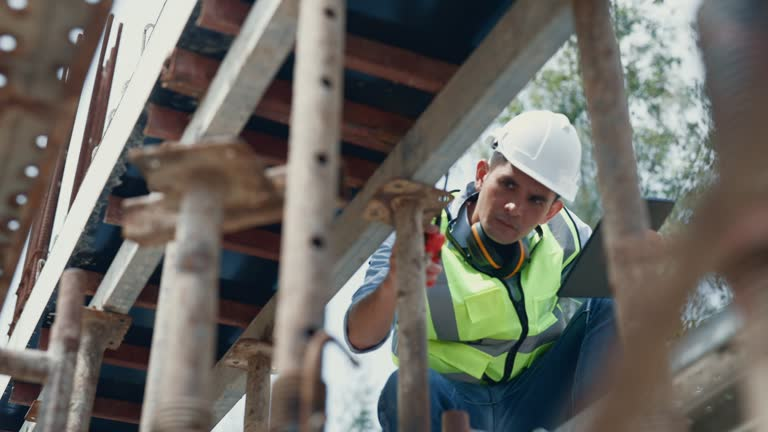
ADTO News
Essential Responsibilities of Scaffolding Inspection
In the construction industry, safety is paramount, and scaffolding plays a crucial role in ensuring that workers can perform their tasks safely and efficiently. Proper scaffolding inspection is essential to maintaining safety standards. Here’s a closer look at the responsibilities involved in scaffolding inspection and why they matter.

1. Ensuring Structural Integrity
The primary responsibility of scaffolding inspection is to verify the structural integrity of the scaffolding system. Inspectors must assess whether the scaffolding is assembled correctly, securely anchored, and capable of supporting the intended loads. This ensures that workers can operate safely at heights.
2. Identifying Defects and Hazards
Regular inspections help identify any defects or hazards that may compromise safety. Inspectors look for issues such as damaged components, loose fittings, or improper assembly. Early detection of these problems can prevent accidents and injuries on the job site.
3. Compliance with Regulations
Scaffolding inspections must adhere to local, national, and industry regulations. Inspectors are responsible for ensuring that all scaffolding meets these standards, which helps companies avoid legal issues and maintain a safe working environment.
4. Documentation and Reporting
Another critical responsibility is maintaining accurate documentation of inspections. Inspectors must record their findings, including any repairs needed and the dates of inspections. This documentation is essential for accountability and can be invaluable in case of disputes or audits.
5. Training and Communication
Inspectors play a key role in educating workers about scaffolding safety practices. They must communicate any identified issues and guide how to address them. This training helps create a culture of safety on the job site, empowering workers to take responsibility for their safety.
6. Conducting Regular Inspections
Scaffolding requires regular inspections throughout its use. Inspectors must perform checks before the start of each work shift and after any significant weather events. This ongoing vigilance is crucial to maintaining safety standards in a dynamic construction environment.
Conclusion
Scaffolding inspection is vital for ensuring the safety and efficiency of construction projects. From assessing structural integrity to ensuring compliance with regulations, the responsibilities of scaffolding inspectors are critical to preventing accidents and protecting workers.
ADTO Group, as a leader in the construction industry, provides a range of high-quality scaffolding systems designed for safety and reliability. Contact us today to learn more about our products and how they can enhance your construction projects!


 Live Chat
Live Chat
